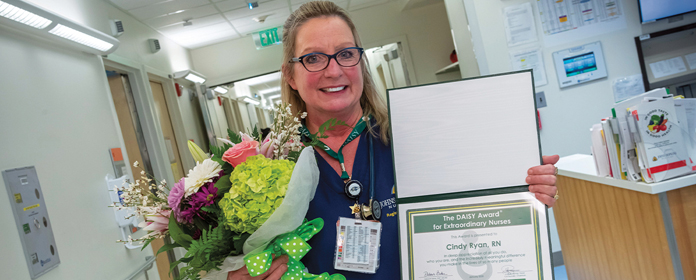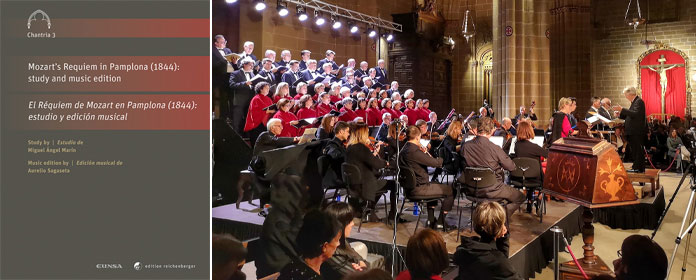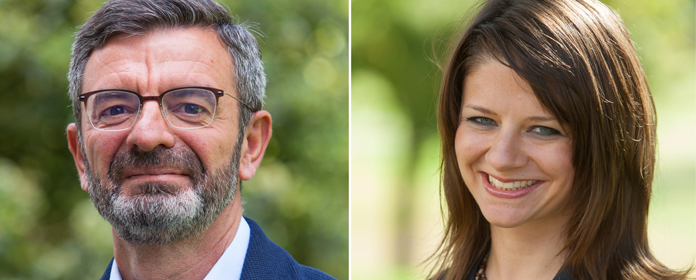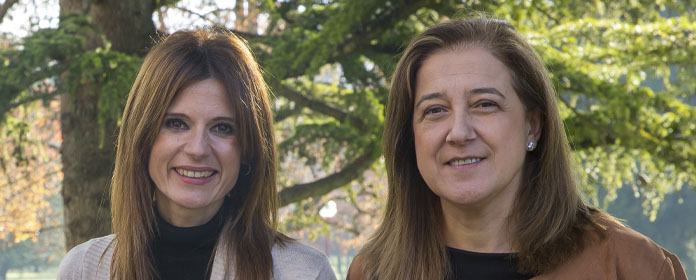"Cultural heritage does not exist if no value is assigned to it"
Carlos Martínez Álava, head of the Historical Heritage Service of the Government of Navarra, noted at the conference that, "heritage plays an essential role for developing tourism in Navarra"
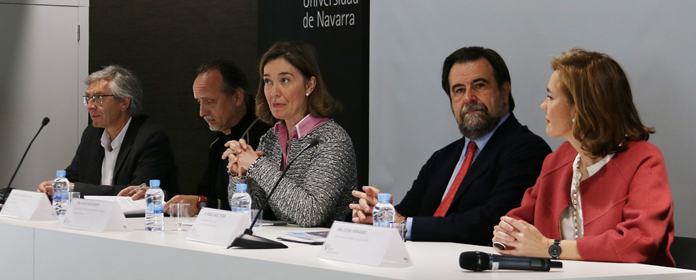
FOTO: Elena Beltrán
"Human beings confer value to patrimonial goods, selecting some and ignoring or relativizing others. Cultural heritage does not exist if no value is assigned to it,” according to Carlos Martínez Álava, the Government of Navarra’s Director of its Historical Heritage Service. He participated in the Rethinking Cultural Heritage conference organized by the Institute for Culture and Society (ICS) at the University of Navarra.
In this way, he pointed out that cultural heritage is a "social construction" that is drawn out "from valuations of inherited goods by particular groups of people, who interpret them and give them meaning according to their way of seeing the world." He assured that cultural heritage "is re-signified from its social value, its reflection in society, and requires a critical mass that is educated and attentive."
Because he thinks that cultural heritage "is elastic in its social perception" and therefore "is constantly changing," Martínez Álava pointed out that its management is "increasingly complex and rich" and requires a process of constant innovation with more agents transversally involved in expanding the value chain.
Thus, he insisted that when a good is discovered, a process of enrichment begins that "does not end at restoration; we must document, interpret, discover, and socialize it so that citizens make it their own.
In the case of Navarra, he commented that cultural heritage "plays an essential role in the development of regional tourism" and that, around it, catering companies, hotels, and archaeological interventions, among others, operate. The most visited destinations are the Royal Palace of Olite, the caves of Zugarramurdi and the Señorío de Bértiz Natural Park.
A proportional and respectful economic positionFinally, he offered ten keys on cultural heritage as follows: It has an undeniable social and economic value because it generates direct and indirect economic activity; it is a potential tool for personal and regional development; working with it is innovative from any point of view; it mainly requires public investment; the value chain favors the development of other activities; its economic position must be proportional and respectful, avoiding commodification; it must avoid rapid consumption, trivialization and globalized common places; it forms an ecosystem that must be respected; it requires common public-private governance; and it requires long-term strategic protection.
The Creativity and Cultural Heritage project’s seminar was moderated by Professor Julia Pavón; speakers included Miguel Ángel Elvira, Professor of Art History at the Complutense University of Madrid, who spoke on “The National Archaeological Museum as a concept,” Antonio Jiménez, director-manager and secretary of the Albarracín Foundation, focused on 'Albarracín, an exemplary case in integral cultural heritage management,” and Elena Hernando, director-manager of the Lázaro Galdiano Museum, who presented on “The Lázaro Galdiano Museum: Updating a legacy.”

